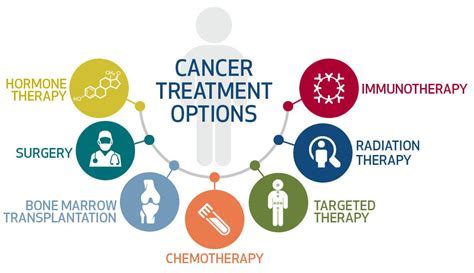Intro
Identify Strep Throat Symptoms, including sore throat, fever, and swollen tonsils, and understand the feelings of discomfort, pain, and fatigue associated with this bacterial infection, to seek timely medical attention and effective treatment.
Strep throat is a highly contagious bacterial infection that affects the throat and tonsils, causing a range of uncomfortable symptoms. The illness is most commonly seen in children and adolescents, but it can also affect adults. Understanding the symptoms and feelings associated with strep throat is essential for seeking proper medical attention and preventing complications. The impact of strep throat on daily life can be significant, from missing school or work to experiencing severe discomfort and pain.
The symptoms of strep throat can vary from person to person, but they often include a severe sore throat, swollen and tender lymph nodes, and a fever. Some people may also experience a headache, stomachache, or nausea. In severe cases, strep throat can lead to complications such as kidney inflammation or rheumatic fever. It is crucial to recognize the symptoms of strep throat and seek medical attention if they persist or worsen over time. A proper diagnosis and treatment plan can help alleviate symptoms, prevent complications, and reduce the risk of transmission to others.
The feelings associated with strep throat can be just as challenging as the physical symptoms. Many people experience anxiety, stress, or frustration due to the discomfort and disruption to their daily routine. The uncertainty of when the symptoms will subside or when they can return to their normal activities can be unsettling. Furthermore, the risk of transmission to family members or friends can cause concern and worry. By understanding the symptoms and feelings associated with strep throat, individuals can better cope with the illness and take steps to manage their symptoms and prevent transmission.
Understanding Strep Throat

Risk Factors
Several risk factors increase the likelihood of developing strep throat, including: * Age: Strep throat is most common in children and adolescents, but it can also affect adults. * Close contact: Living or working in close proximity to someone with strep throat increases the risk of transmission. * Poor hygiene: Failing to practice good hygiene, such as frequent handwashing, can increase the risk of transmission. * Weakened immune system: Individuals with a weakened immune system, such as those with a chronic illness or taking immunosuppressive medications, are more susceptible to infection.Recognizing Strep Throat Symptoms

Diagnosis
A proper diagnosis is essential for effective treatment and prevention of complications. A healthcare professional will typically perform a physical examination and take a throat swab to test for the presence of the group A Streptococcus bacterium. The rapid strep test can provide results within minutes, but a throat culture may be necessary to confirm the diagnosis.Treatment Options

Home Remedies
Several home remedies can help alleviate the symptoms of strep throat, including: * Honey: Soothes the throat and reduces coughing * Lemon: Helps to reduce inflammation and kill bacteria * Garlic: Has antibacterial properties that can help combat the infection * Slippery elm: Soothes the throat and reduces inflammationPrevention

Vaccination
Currently, there is no vaccine available to prevent strep throat. However, researchers are working to develop a vaccine that can protect against the group A Streptococcus bacterium.Complications

Long-term Effects
In rare cases, strep throat can have long-term effects, such as: * Kidney damage * Heart problems * Joint pain * Neurological disordersConclusion and Next Steps

We invite you to share your thoughts and experiences with strep throat in the comments below. Have you or a loved one been diagnosed with strep throat? What steps did you take to manage your symptoms and prevent transmission? Your feedback and insights can help others better understand and cope with this illness.
What are the most common symptoms of strep throat?
+The most common symptoms of strep throat include a severe sore throat, swollen and tender lymph nodes, fever, headache, stomachache, and nausea.
How is strep throat diagnosed?
+A healthcare professional will typically perform a physical examination and take a throat swab to test for the presence of the group A Streptococcus bacterium.
What are the potential complications of untreated strep throat?
+If left untreated or if treatment is delayed, strep throat can lead to several complications, including kidney inflammation, rheumatic fever, abscesses, sinusitis, and ear infections.
Can strep throat be prevented?
+While there is no vaccine available to prevent strep throat, individuals can reduce their risk of infection by practicing good hygiene, getting plenty of rest, and maintaining a healthy diet.
How long does it take to recover from strep throat?
+The recovery time for strep throat can vary depending on the severity of the infection and the effectiveness of treatment. With proper treatment, most people can recover within 7-10 days.
